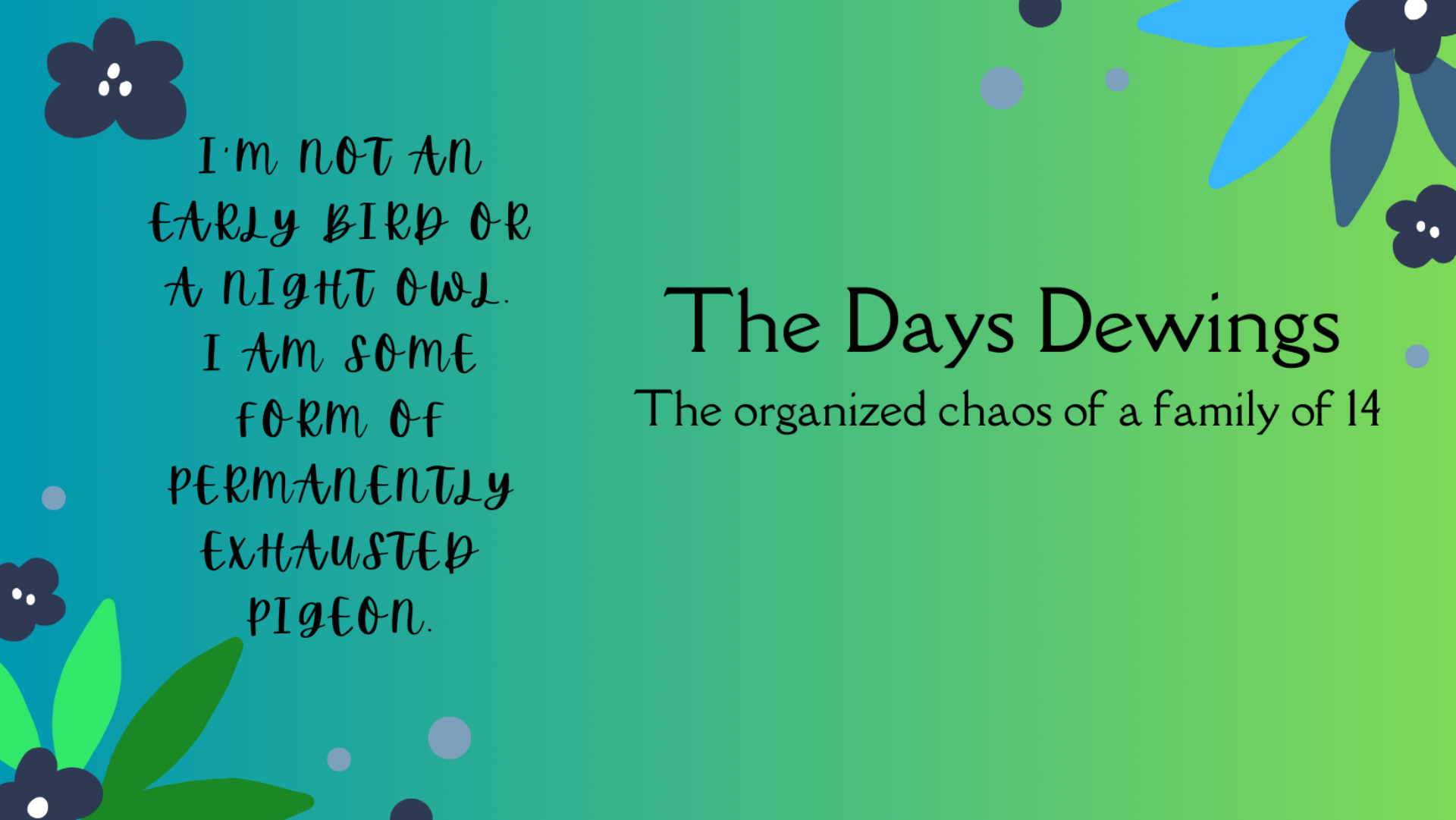Myth #3: You need a degree to teach preschoolers.
This is another myth propagated by the NEA which, according to their website, has roughly 2.3 million members. And they want more members. Their preschool plan holds up Connecticut as an example: “Associations such as the Connecticut Education Association are working to ensure that new Pre-K programs in their state will employ teachers that hold bachelor’s degrees and who are eligible for NEA membership.” Degreed and certified professionals can demand higher pay, and higher pay for teachers is one thing the NEA is focused on.
 Included in this article (See the full article in the Spring issue of The Old Schoolhouse Magazine.) is a sidebar of ten good things to teach your preschooler. As you look it over, you will see that it is not rocket science. If you cannot teach a child to recognize colors or count to 10, you have bigger problems to worry about. No homeschooling requires a degree if you have the right resources, and preschool education is the easiest (and most delightful) area to teach. Think about it: If a big yellow bird can teach preschoolers on television, you should be able to handle your crew at home!
Included in this article (See the full article in the Spring issue of The Old Schoolhouse Magazine.) is a sidebar of ten good things to teach your preschooler. As you look it over, you will see that it is not rocket science. If you cannot teach a child to recognize colors or count to 10, you have bigger problems to worry about. No homeschooling requires a degree if you have the right resources, and preschool education is the easiest (and most delightful) area to teach. Think about it: If a big yellow bird can teach preschoolers on television, you should be able to handle your crew at home!
Myth #4: Public schools should be the primary providers of preschool education.
Of course, this myth falls in line with the general notion that public school should be the primary provider of all education. The public schools do such a great job, right? Recent findings of the Third International Mathematics and Science Study19 indicated that twelfth-grade U.S. students placed nineteenth out of twenty-one countries in math and sixteenth out of twenty-one countries in science. Study after study indicates the failure of our public school system, yet they want us to turn our tiniest scholars over to them when they are barely out of diapers.
The truth is that homeschoolers tend to outperform public school students in all areas of academic success. Several studies show that while the average achievement test scores for public school students is the fiftieth percentile, homeschoolers average in the eightieth.
Additionally, many studies indicate that parents are the biggest factor in academic success, particularly at the early ages. A 1999 study by Parker, Boak, Griffin, Ripple, and Peay examined the way that parent-child relationships affect school readiness. According to a report titled “Supporting Young Children as They Enter School,” this study concluded: “Main findings were that children have better school readiness outcomes when parents spent more time helping them at home. Parents that had a better understanding of the importance of play in child development also contributed to better cognitive outcomes for children.” Fortunately, homeschooling is the ultimate in parental involvement.
If you are not certain that you want to homeschool, preschool can be a great place to start. Children are natural learners, and you will soon discover the incredible joy of being the one who guides them into knowledge. Many people who “try” homeschooling in the preschool and kindergarten years become committed, long-term home educators. Parents are necessary to preschool education. In fact, you are the most important part.
